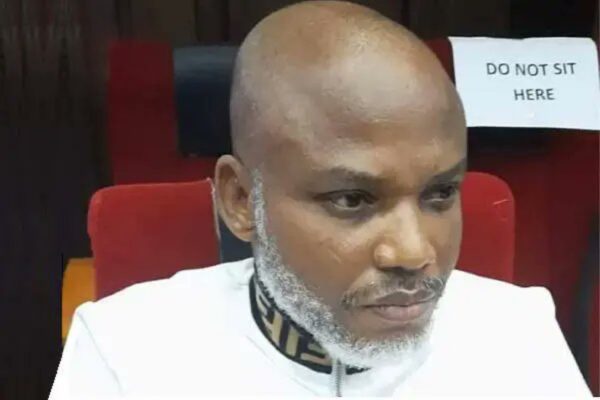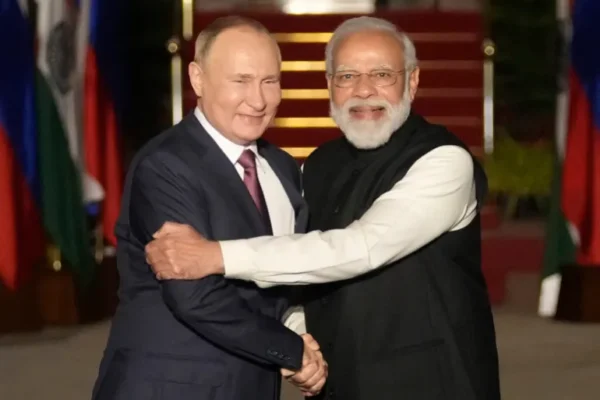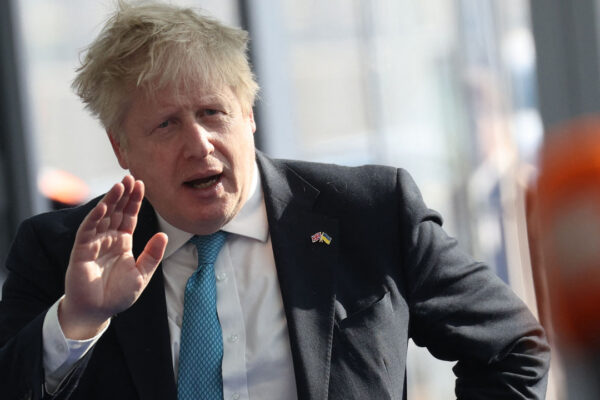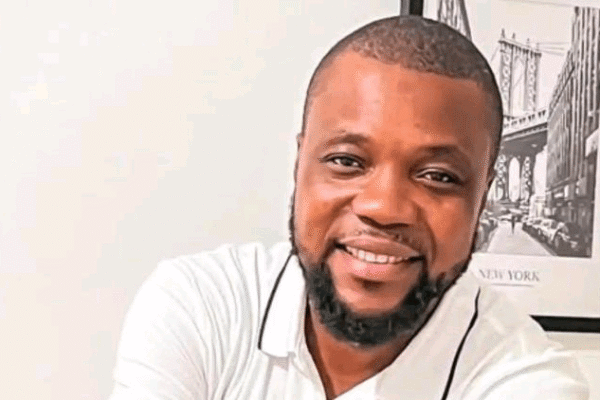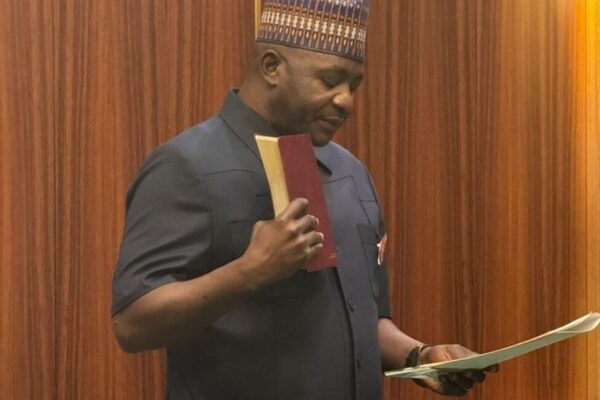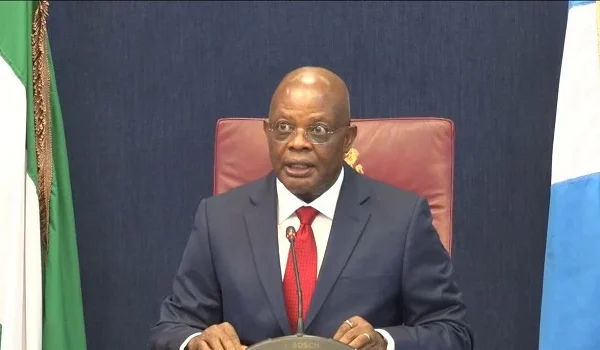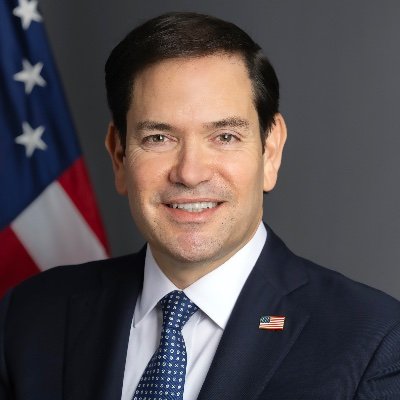The Court of Appeal in Abuja on Thursday upheld an earlier judgment that prohibits the Directorate of Road Traffic Services (DRTS) and Vehicle Inspection Officers (VIOs) from stopping motorists, seizing vehicles, or imposing fines on road users. In a unanimous ruling, a three-man panel dismissed the appeal filed by the VIO, describing it as lacking merit. The lead judgment, delivered by Justice Oyejoju Oyewumi, confirmed that there was no justification to overturn the Federal High Court’s decision of October 16, 2024, which had declared the actions of VIO officials against motorists unlawful. The original ruling was delivered by Justice Nkeonye Maha of the Federal High Court, who held that no existing law grants VIO officials the power to stop, impound, confiscate vehicles, or impose fines on motorists. The case, filed as a fundamental rights enforcement suit marked FHC/ABJ/CS/1695/2023, was instituted by public interest lawyer, Abubakar Marshal. He told the court that VIO operatives forcefully stopped him in the Jabi area of Abuja on December 12, 2023, and unlawfully confiscated his vehicle. Marshal asked the court to declare the actions of the officers illegal, oppressive, and a gross violation of his fundamental rights. In her judgment, Justice Maha granted all the reliefs sought and restrained the DRTS, its agents, and assigns from further impounding vehicles or imposing fines on motorists, describing such practices as unlawful and oppressive. The court also issued a perpetual injunction barring any future violation of Nigerians’ rights to freedom of movement, presumption of innocence, and the right to own property. Justice Maha ruled that only a court of competent jurisdiction has the authority to impose sanctions or fines on motorists. She further held that the respondents violated the applicant’s constitutional right to property under Section 42 of the 1999 Constitution (as amended) and Article 14 of the African Charter on Human and Peoples’ Rights. The judge stressed that the respondents lacked statutory powers to impound vehicles or impose fines, noting that their actions breached the rights to fair hearing, freedom of movement, and presumption of innocence guaranteed under Sections 6(6)(b), 36(1), 36(8), 36(12), 41 and 42 of the Constitution, as well as relevant provisions of the African Charter. Marshal, who was represented by a legal team led by Femi Falana (SAN), had demanded N500 million in damages and a public apology in three national newspapers. However, the court awarded him N2.5 million in damages. Those sued in the case included the DRTS, its Director, the Abuja Area Commander identified as Mr Leo, the team leader, Mr Solomon Onoja, and the Minister of the Federal Capital Territory. Following the judgment, the respondents challenged the decision at the Court of Appeal, but the appellate court dismissed their appeal on Thursday, thereby affirming the earlier ruling in its entirety.
